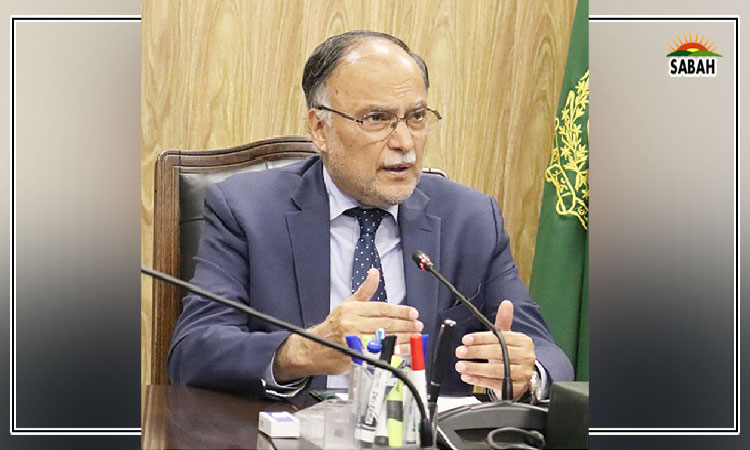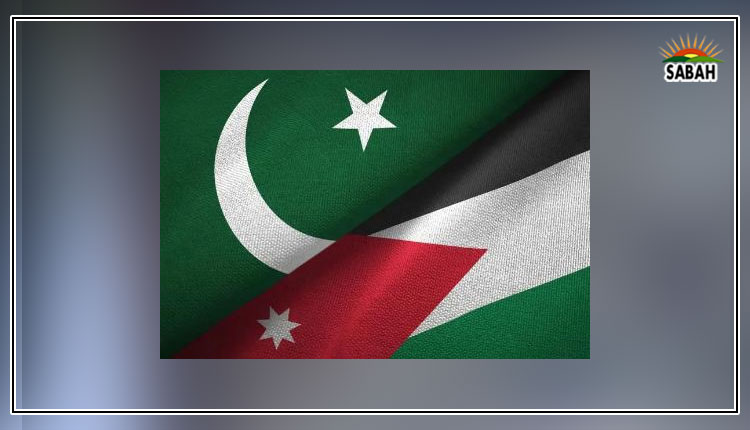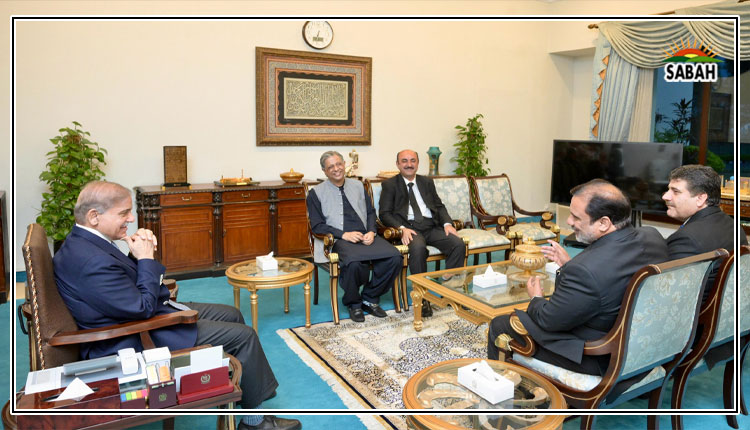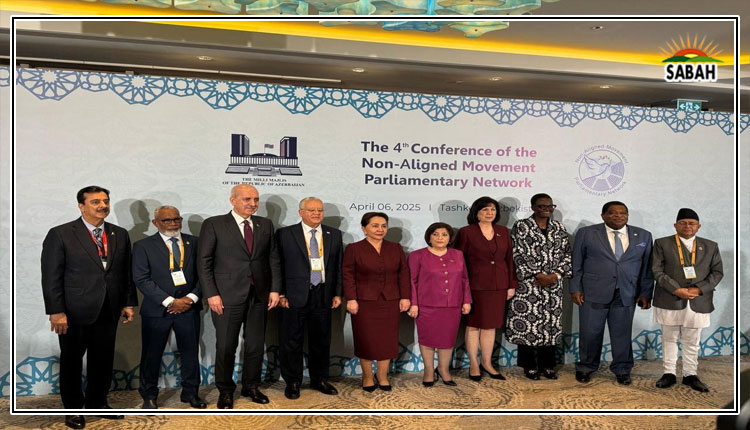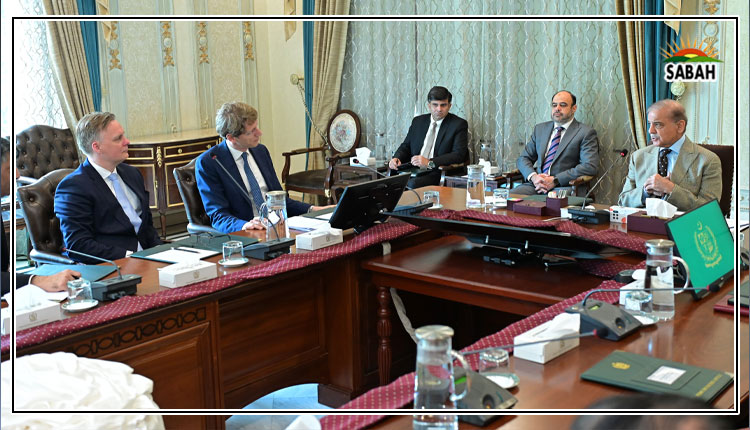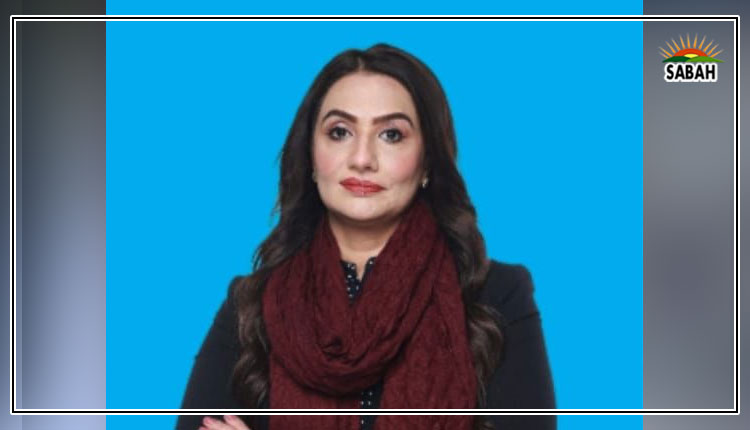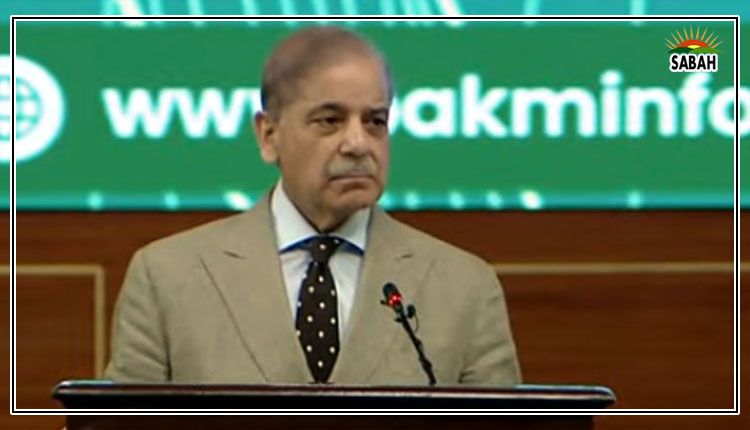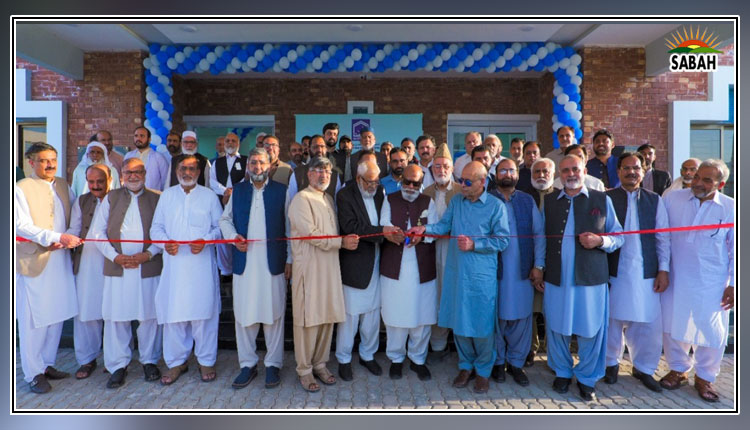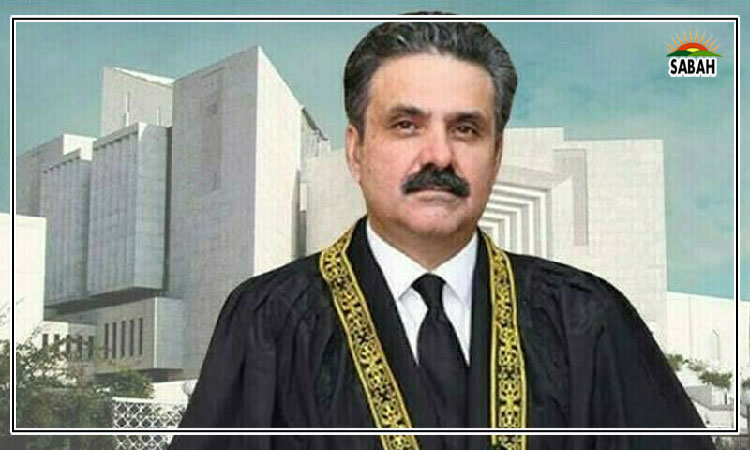World of fantasy or real world?… Dr Muhammad Ali Ehsan
Reading Yuval Noah Hariri’s recent book Nexus has been an absolute treat. Masterful and provocative, the book is a brief history of information networks from the Stone Age to AI. In the long-distance journey from the Stone Age to the Middle Ages and the Modern Age and now to the age of AI, there have been many junctions. Nations belonging to the great civilisations are fortunate to have travelled all the distance and the entire distance and today their well-preserved histories act as the great gel that binds not only their nations and states but their people together. History provides us with information, and all grand national perceptions are built on the historical evidence. Written and re-written, all histories endeavour to seek the accurate description of truth and that’s a battle that we human beings continue to fight as the inquisitive beings who not only seek truth but do that to ensure that we not only build better lives for ourselves but live in a world that never stops distinguishing between the black and the white.
As a Pakistani, my worry is different. I have become more worried about our future as I realise that we as a nation state have a physical existence that truly is in the Modern Age but our cognitive existence is locked up somewhere in the Middle Ages. Everything that we do despite living in the Information Age suggests that we are not willing to accept the realities of the Modern Age and make this essential transition. My problem like the problem of many professors in the universities of Pakistan who profess the subjects of social sciences – including political science, sociology or international relations – is that we cannot allow students to build realities based on false perceptions. Does the state realise this? Does anyone realise this? Can professors of political science discuss anything else in their classes but the evolution of politics and how it must adjust and adapt to the growing challenges of the modern world that is more interconnected and more interdependent than it ever was in its entire history of our existence? My problem is not individual, it is institutional and societal, and if we leave it unaddressed then my fear is that our education which is already struggling to produce original, independent, research oriented, fair-minded, investigative and bright minds will suffer and deteriorate further. Harari makes an excellent point when he says that accepting truth or telling lies are not the only two worst or best options. He believes that there is a third option that resides in the middle – that is fiction. Creating fiction is the job of people that twist realities, poison truth, dent accuracies, divide narratives, build false perceptions and puts cold water on the very efforts of humanity’s greatest ever endeavour – discovering truth.
Fictions and fantasies are tools to create imbalance in society. Educated minds walk away from such realities that fail to accurately represent truth. If falsifying truth becomes a fashion and if even the self-correcting mechanisms in society like parliament, media, judiciary and universities stop objecting to its promotion then what kind of future are we looking at as a nation state? All our endeavours today are directed to falsify any truth that exists and that to me is an inexcusable crime. I agree that there can never be an accurate hundred per cent description of a given event but I also believe that there cannot be an absolute hundred per cent opposite description of the same. The great responsibility of the state and its institutions is to help society build true realities based on information that is true. How can we as a society imagine building any kind of unity or faith in any institution that uses misinformation as a tool to build false realities?
Modern world is evolving fast. Just few days back, we witnessed the imposition of the shortest martial law ever in the history of martial laws in this world. Within six to eight hours, the South Korean President receded his orders. The threat he perceived was the creation of his imagination and the reality that he tried to create was pushed aside by the members of South Korean parliament that doubted the accuracy of the reality built by their President. This event will go down in South Korean history as a short-term story and a fiction that was futile and pointless. South Korea unlike Pakistan is part of the modern world. It showcases the eleventh biggest economy in the world; and in the modern world, individual imagination and fantasies that result from it and that undermine the will of the people are contested because such imaginations try to create realities based on false perceptions and inaccurate facts.
There are all kinds of evolutions taking place and some of them are biological, historical, political, bureaucratic, scientific and societal. In an organic order, no bananas can ever grow on an apple tree but in a human order that we are trying to create in countries like Pakistan we are trying to do the same. Telling students in the universities that they can climb trees to catch fish or hunt for tigers in the sea is not what professors can do. When a professor takes a class and stands in front of his students, he stands in front of them as a role model. There are no lies to be told in the class, there are no false perceptions that can be built. A professor’s entire emphasis is to create such a learning environment in the class which is based on the concept of differentiating between right and wrong, unfair and fair play. His desire is not only to allow the students to see the world in black and white but also understand the importance of making that vital choice – which world would they want to become part of? Living in the grey is living in the middle where, in Hariri’s words, fantasies reside. We would want our future generation not to live in a world of fantasies but in a real world of Information Age where truth is becoming more and more difficult to hide.
COURTESY ![]()


